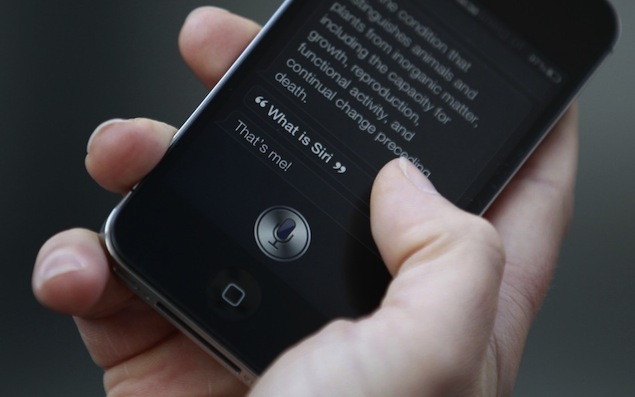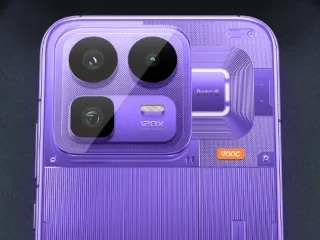Apple Job Listings Indicate Siri Will Soon Support 13 More Languages

With the languages listed in the Apple job post, it seems an upcoming version of Siri will support 13 new languages, namely Arabic, Australian English, Brazilian Portuguese, British English, Cantonese, Danish, Dutch, Japanese, Norwegian, Swedish, Thai, Turkish and Russian.
All the listings posted between June 10 and June 19 on Apple's website (via MacRumors) suggests interested candidates to have strong software development skills, natural language processing, machine learning or related sub-fields.
While we don't know what other plans Apple has in mind for Siri, but we could certainly relate it to Microsoft's recent efforts with its own voice-based virtual assistant, Cortana. Microsoft, which initially announced Cortana for the US market only, is now all set to make it available to other regions. It is also evaluating the merits of bringing it to other platforms like Android and iOS, as well as other form factors like desktops, vehicles, and kiosks.
While commenting on the availability of Cortana in the UK before getting it to other platforms like Android and iOS, Marcus Ash, Windows Phone Group Program Manager had tweeted the roll-out as Microsoft's top priority for Cortana, "I should have added one. 0. Making #Cortana available in the UK and China will happen very soon. Weeks not months."
Ash also said that for now Microsoft didn't have plans to monetise the Cortana virtual assistant with ads, saying it was far too early in the product's life.
Catch the latest from the Consumer Electronics Show on Gadgets 360, at our CES 2026 hub.
Related Stories
- Samsung Galaxy Unpacked 2025
- ChatGPT
- Redmi Note 14 Pro+
- iPhone 16
- Apple Vision Pro
- Oneplus 12
- OnePlus Nord CE 3 Lite 5G
- iPhone 13
- Xiaomi 14 Pro
- Oppo Find N3
- Tecno Spark Go (2023)
- Realme V30
- Best Phones Under 25000
- Samsung Galaxy S24 Series
- Cryptocurrency
- iQoo 12
- Samsung Galaxy S24 Ultra
- Giottus
- Samsung Galaxy Z Flip 5
- Apple 'Scary Fast'
- Housefull 5
- GoPro Hero 12 Black Review
- Invincible Season 2
- JioGlass
- HD Ready TV
- Laptop Under 50000
- Smartwatch Under 10000
- Latest Mobile Phones
- Compare Phones
- Vivo Y500i
- OnePlus Turbo 6V
- OnePlus Turbo 6
- Itel Zeno 20 Max
- OPPO Reno 15 Pro Mini 5G
- Poco M8 Pro 5G
- Motorola Signature
- Vivo Y50e 5G
- Lenovo Yoga Slim 7x (2025)
- Lenovo Yoga Slim 7a
- Realme Pad 3
- OPPO Pad Air 5
- Xiaomi Watch 5
- Huawei Watch 10th Anniversary Edition
- Acerpure Nitro Z Series 100-inch QLED TV
- Samsung 43 Inch LED Ultra HD (4K) Smart TV (UA43UE81AFULXL)
- Asus ROG Ally
- Nintendo Switch Lite
- Haier 1.6 Ton 5 Star Inverter Split AC (HSU19G-MZAID5BN-INV)
- Haier 1.6 Ton 5 Star Inverter Split AC (HSU19G-MZAIM5BN-INV)

















